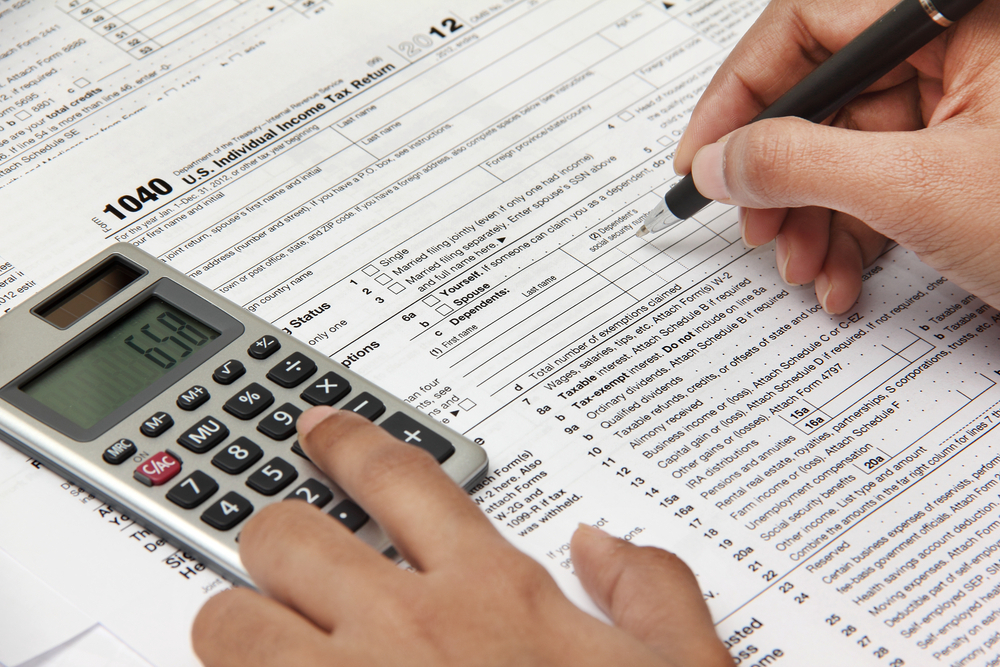

Should You Report Interest on a Promissory Note to the IRS?

It’s that time of year again – Tax Season. If you are the owner of a promissory note, then you must pay the Internal Tax Service for the earnings you accumulated over the year from interest. The IRS treats promissory notes just like any other loan, so it’s viewed as a form of taxable income. With tax season here in full swing, it’s important that you review the IRS’s requirements for reporting your interest earnings from 2014.
How to Report Your Interest Income from a Promissory Note
A promissory note is a signed, legal document that contains a written promise to repay a loan. For instance, a property seller owner finances a property sale, creates a promissory note and creates the security instrument (aka mortgage, deed of trust, mortgage deed, etc., depending on the state that the property/collateral is located) when they lend money for the purchase of real estate to a borrower.
The promissory note acts like an IOU, while the mortgage or deed of trust provides security for the loan demonstrated by the promissory note. You as the lender are charging interest on the loan and earning interest income. By law, interest income must be reported to the IRS. When you created the promissory loan, you and the borrower agreed to its terms and conditions, including the repayment cycle and interest rate. Your note may contain balloon or acceleration clauses (within Dodd-Frank guidelines), or permit you to request repayment in full at any point. Regardless, the interest you earned must be documented – though there are some exceptions.
In order to report the income to the IRS, the borrower must fill out a Form 1099-INT and submit copies to you and the IRS. The form details the total amount of interest you as the lender received during the tax year. If the interest amounts to less than $10 for the year, then your interest earnings do not need to be reported. If you are selling a mortgage note, then you should also be sure the buyer is aware of the requirements.
Non-business transactions are another exception to the rule. A non-business transaction is one carried out between private individuals or parties. If your promissory note was contracted outside of a business or trade relationship, then the interest you earned does not need to be reported in the Form 1099-INT. However, just because you do not need to report the earnings here does not mean they are tax-exempt. Any interest you earn must be included in your gross income and reported on your Form 1040 Tax return. This still applies if you do not receive a Form 1099-INT. Failing to meet this requirement can lead to the IRS recalculating your taxes and charging interest and penalties for unpaid taxes. This could occur if you don’t report your earnings and the borrower deducts the interest on his/her own tax return.
The next item to note is if you collected over $1,500 in interest from all your sources combined, then you have to itemize these earnings on Schedule B. In this event, you have to file Form 1040 or 1040A. You cannot file Form 1040EZ. If you acquired income from the sale of your home that you financed, then you must also complete a Schedule B. This applies regardless of the interest paid by the borrower. Many privately financed mortgages are done through promissory notes because there is minimal regulation and no approval process.
To conclude, it’s important that you understand the IRS’s requirements before you begin filing your taxes. Make sure you complete the necessary forms and accurately report your income earnings.


Comments (1)
Is the interest income considered long-term or short-term capital gains? What strategies exist to reduce the amount total amount of that is taxable? It's considered portfolio income, right? So that means you can only deduct capital losses?
Josh Thomas, almost 9 years ago